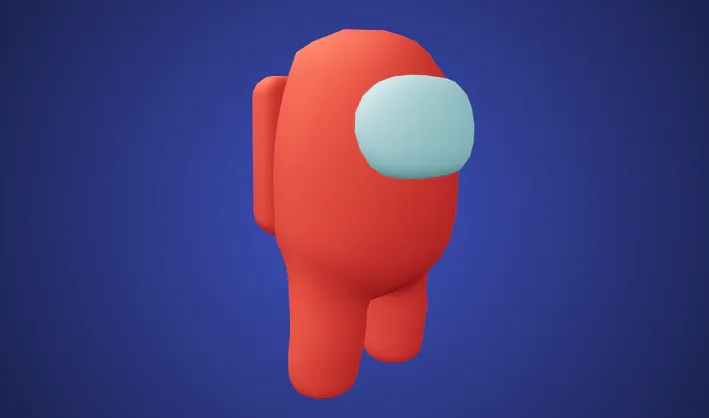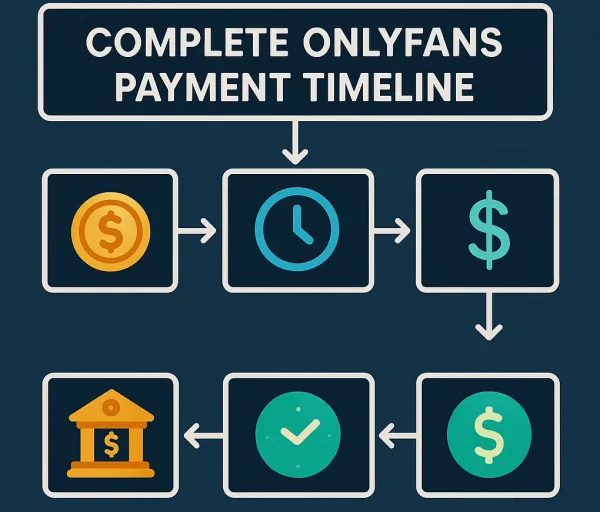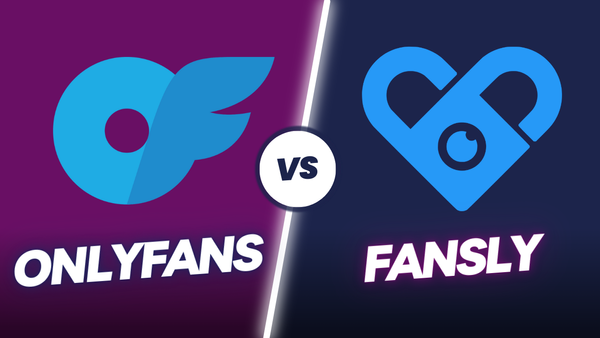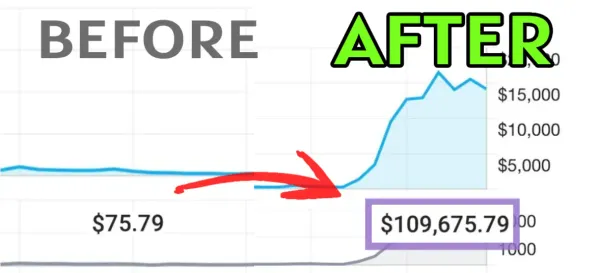Two Users Paid to Chat With Models But Got Imposters Instead in New Lawsuit Against OnlyFans

As reported by 404 Media, new class action lawsuit has pulled back the curtain on alleged widespread deception on the OnlyFans platform, claiming that many fans who believed they were having personal conversations with content creators were actually interacting with hired impersonators—all while OnlyFans allegedly knew about and profited from the scheme.
The "Chatter Scam" Allegations
The OnlyFans "Chatter Scam" refers to the alleged practice where subscribers who believe they are communicating directly with content creators are actually interacting with hired third-party employees, often working overseas in countries like the Philippines or Venezuela."Chatter Scam" definition breakdown
Filed in the Northern District of Illinois, the lawsuit alleges that OnlyFans, which markets itself as a platform for "authentic connections," has knowingly facilitated what the plaintiffs call "Chatter Scams." In these alleged schemes, high-earning creators outsource their direct messaging to third-party "management agencies" that hire people—often from countries like the Philippines or Venezuela—to impersonate the creators.
According to the complaint, when fans pay for subscriptions, direct messages, or custom content, they believe they're communicating directly with the creator they follow. Instead, they may actually be chatting with hired "account managers" or "chatters" who follow scripts designed to maximize spending.
The lawsuit quotes industry sources claiming that "OnlyFans-focused management companies sometimes hire account managers to pretend to be the models—including when sexting fans," and notes that agencies like Unruly Agency "has a hidden army of 'account managers' who spend much of their days ghostwriting responses to messages."
How the Alleged Scheme Works
The court filing describes a sophisticated operation where management agencies contract with "chatters" to conduct most communications between creators and fans. These agencies provide chatters with access to the creator's account and scripts to follow when interacting with fans.
Many agencies use sophisticated customer relationship management (CRM) software specifically designed to facilitate multiple people accessing a single creator's account simultaneously. The lawsuit mentions an application called "SuperCreator" that explicitly advertises to agencies and creators its ability to facilitate the use of OnlyFans accounts by chatters.
How the alleged OnlyFans chatter scheme operates:
- Management agencies contract with "chatters" from overseas
- Agencies provide chatters with creator account access and conversation scripts
- Multiple chatters use specialized CRM software like SuperCreator
- Fans pay for what they believe are personal interactions with creators
- OnlyFans takes a 20% commission on all transactions
OnlyFans' Alleged Knowledge and Profit
| Evidence of OnlyFans' Alleged Knowledge | Details |
|---|---|
| Platform's technical capabilities | Ability to detect multiple account access from different locations |
| 2019 archived blog post | "Unlocking the Earning Potential for Agencies and Talent Managers" |
| Revenue structure | Approximately 60% of platform revenue comes from individual transactions |
| Continued business relationships | Ongoing partnerships with agencies known to use chatters |
The lawsuit claims OnlyFans not only knows about these practices but profits from them by taking its standard 20% cut of all transactions, including subscriptions, tips, and pay-per-view content. The plaintiffs argue that approximately 60% of the platform's revenue comes from these types of individual transactions.
According to the filing, OnlyFans has the ability to detect when multiple people are accessing a creator's account from different locations but chooses not to act because these practices drive significant revenue. The complaint even references a now-archived 2019 OnlyFans blog post titled "Unlocking the Earning Potential for Agencies and Talent Managers," which allegedly encouraged agencies to "manage their creator communities."
Implications for Users
The lawsuit seeks to represent all U.S. OnlyFans users who paid for interactions with creators who were using third parties to communicate. It includes claims for breach of contract, unjust enrichment, fraud, and violations of consumer protection laws.
If successful, the case could force OnlyFans to change its practices and potentially pay significant damages to affected users. It also raises broader questions about authenticity in digital relationships and the responsibility of platforms to be transparent about who users are actually communicating with.
For current OnlyFans users, the lawsuit serves as a reminder that the "authentic connections" promised by the platform may not always be what they seem. As this case progresses through the legal system, it may lead to greater transparency requirements for creator-fan interactions across the growing creator economy.





